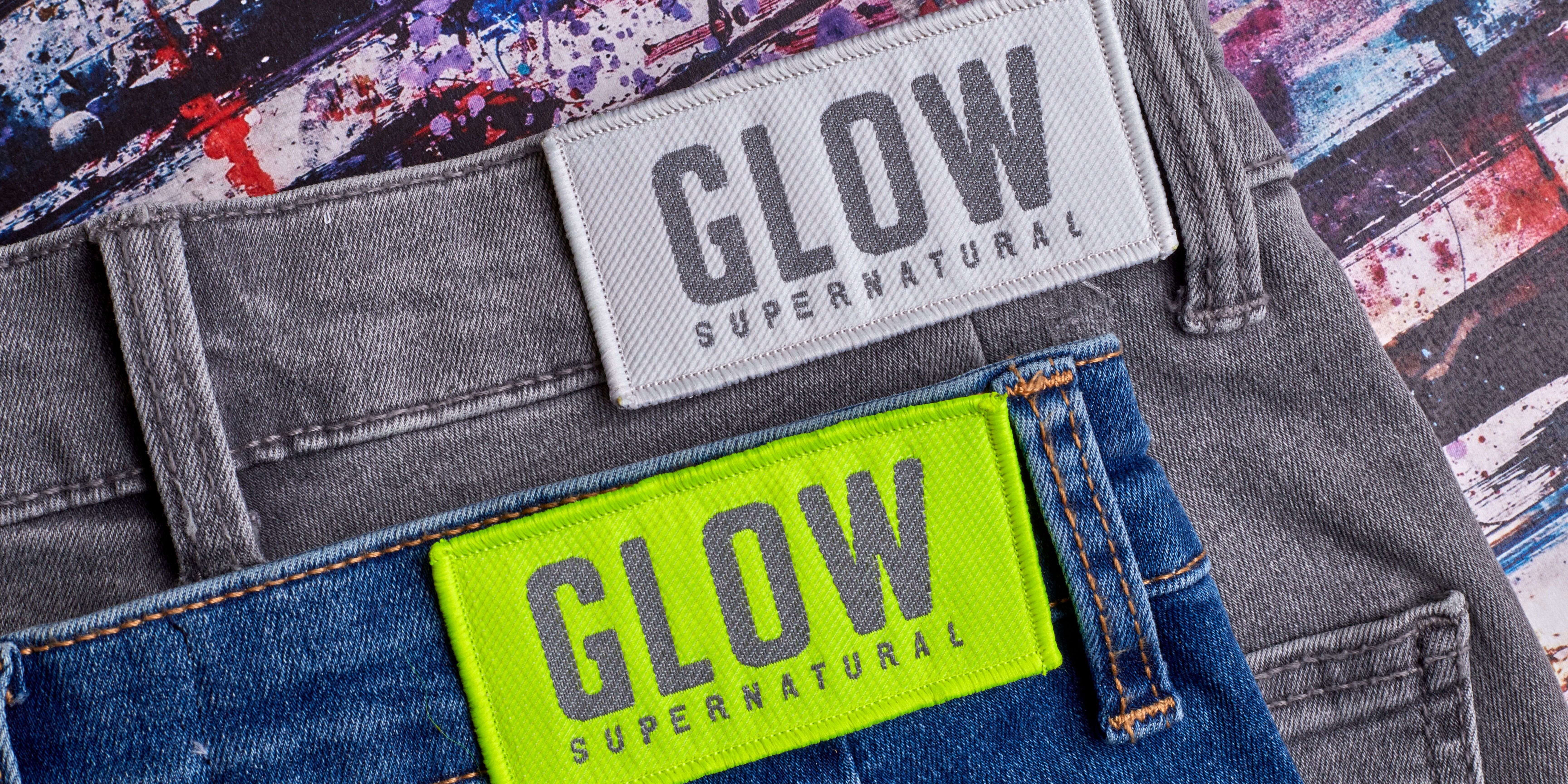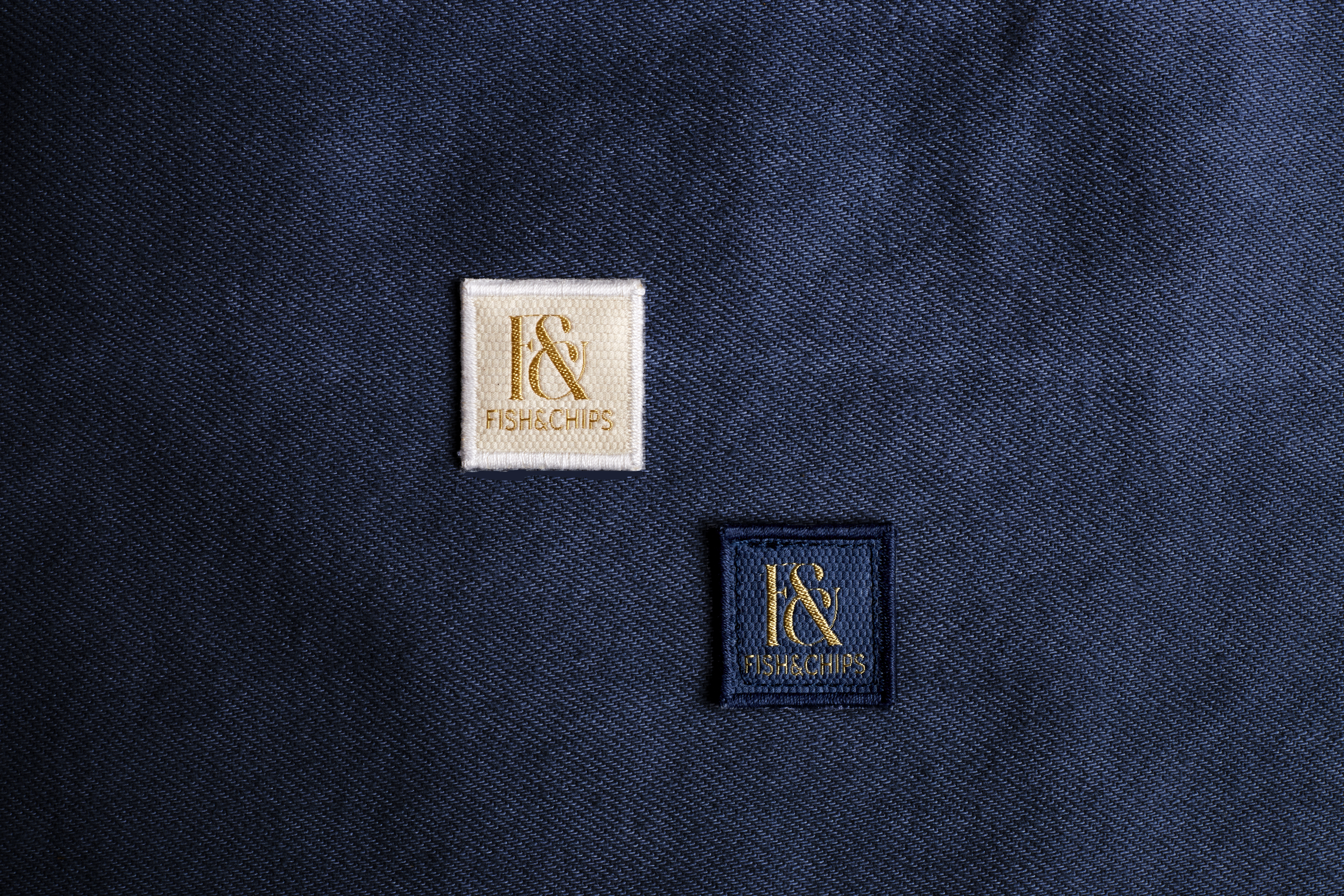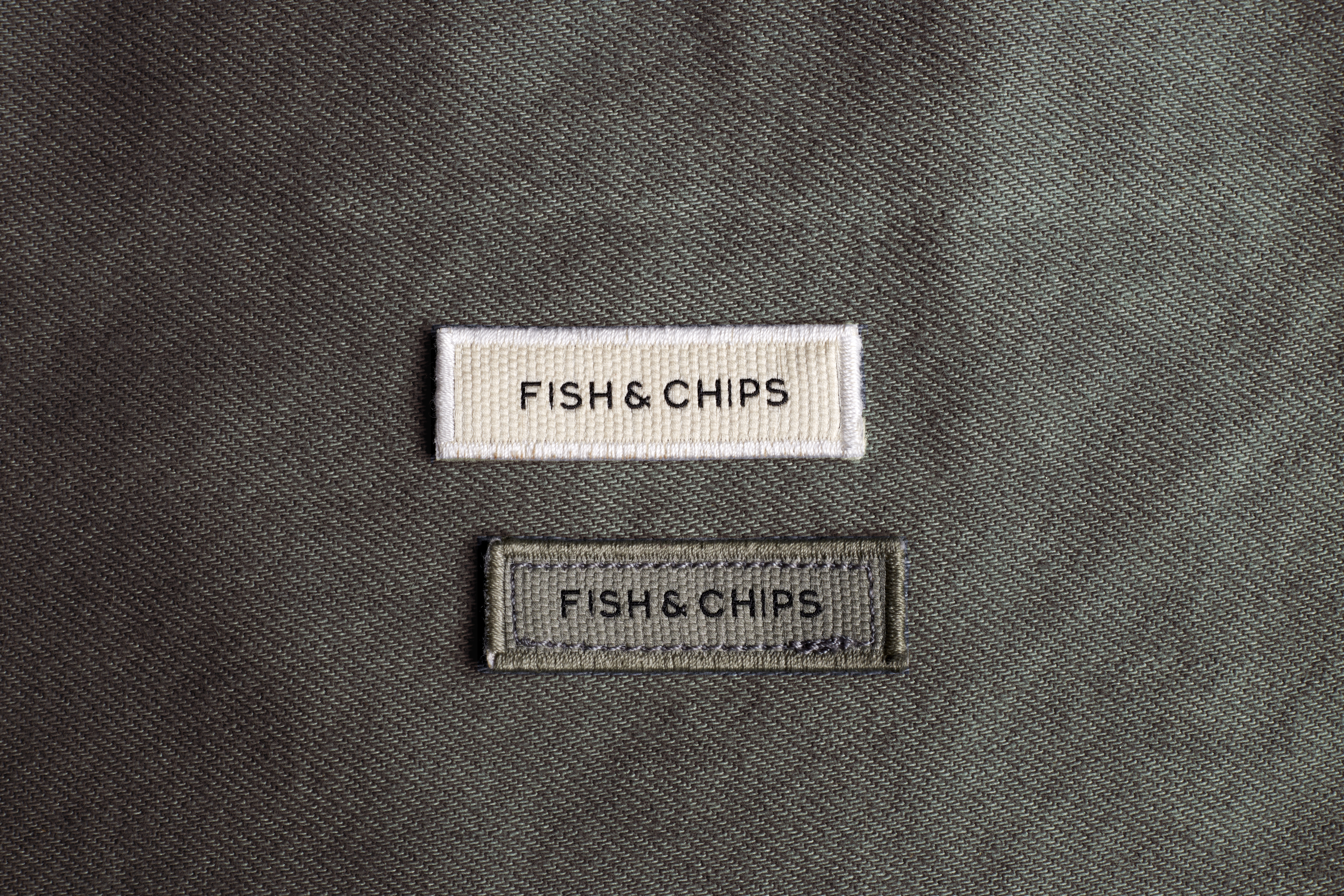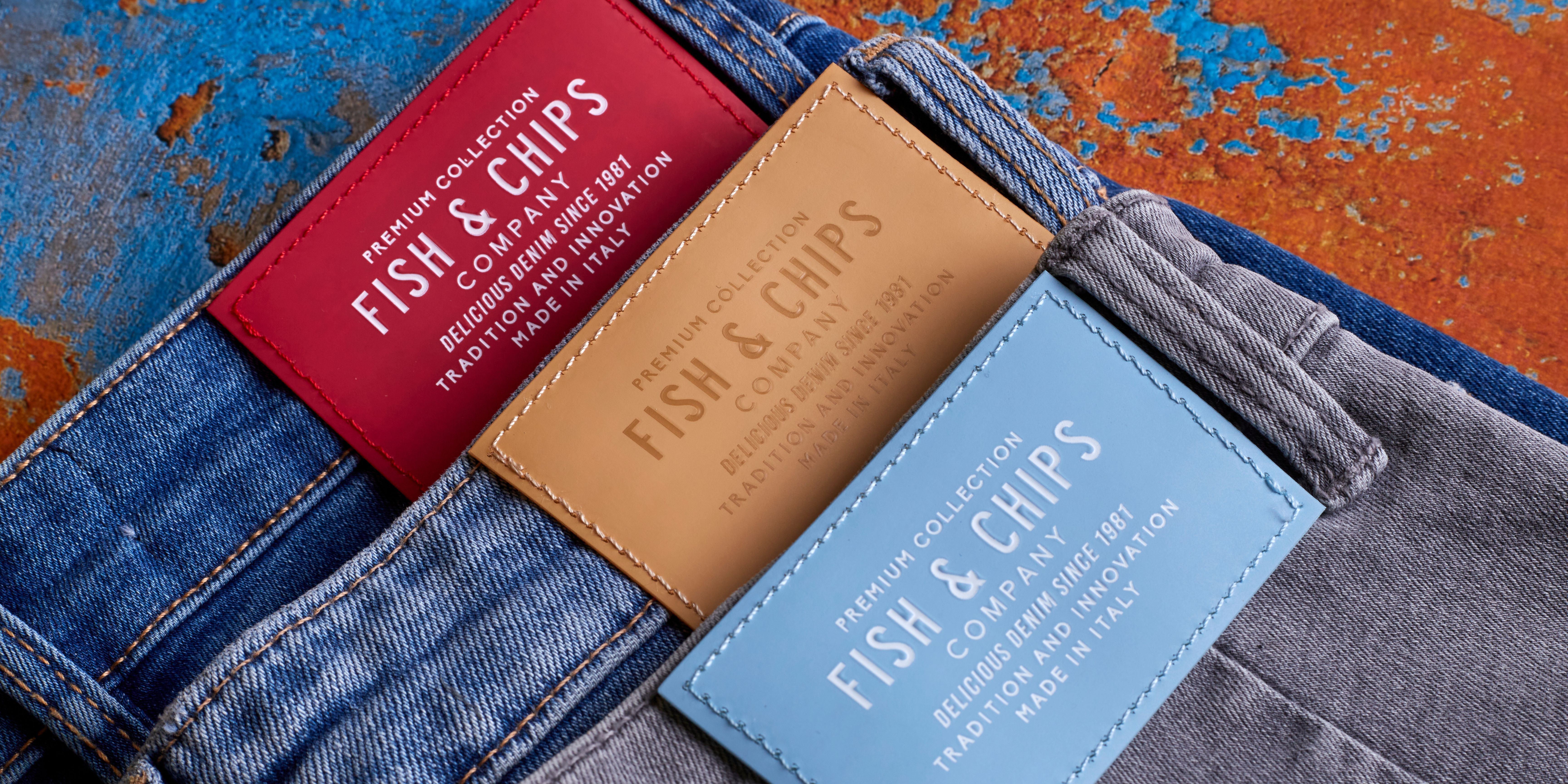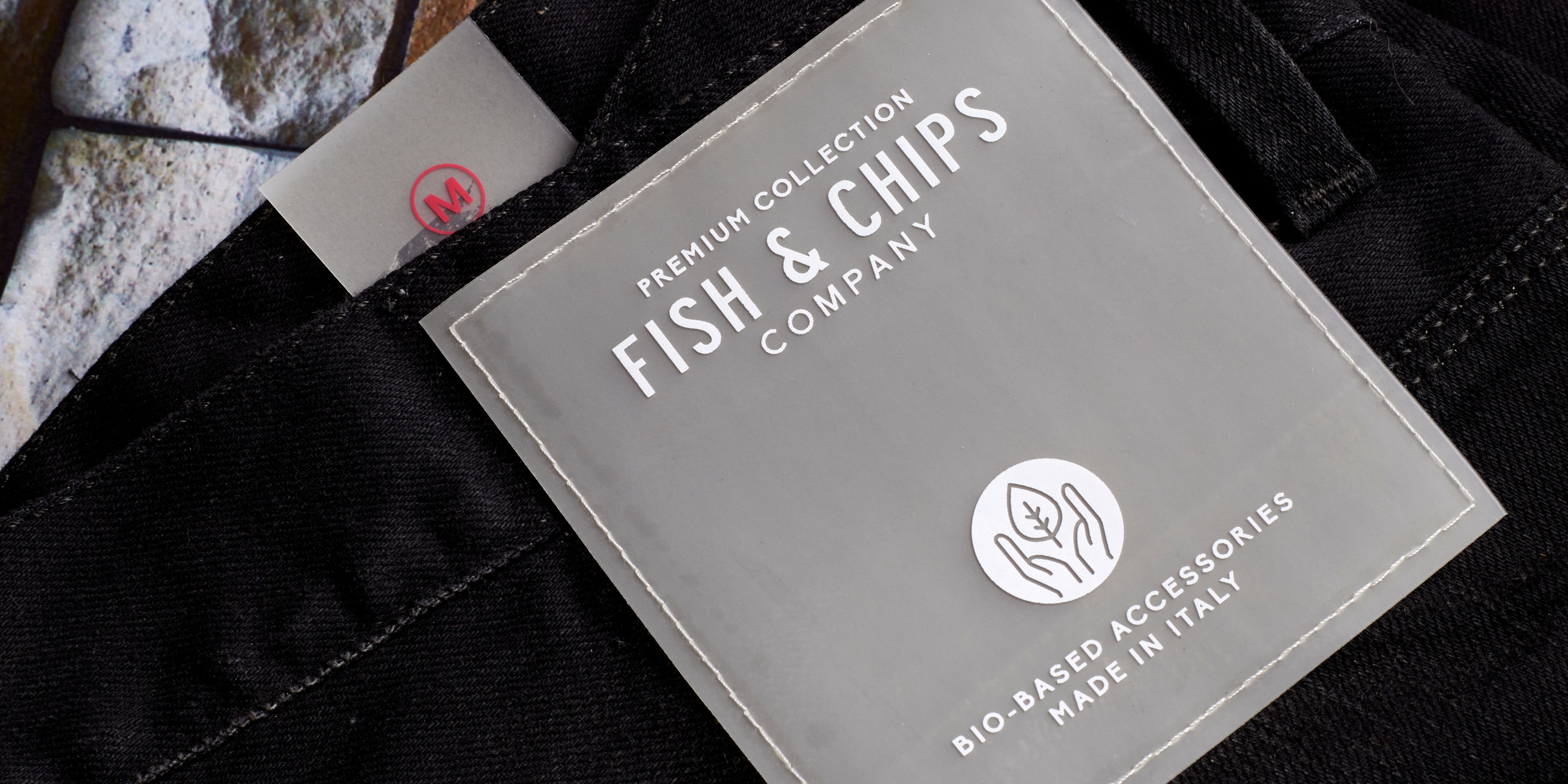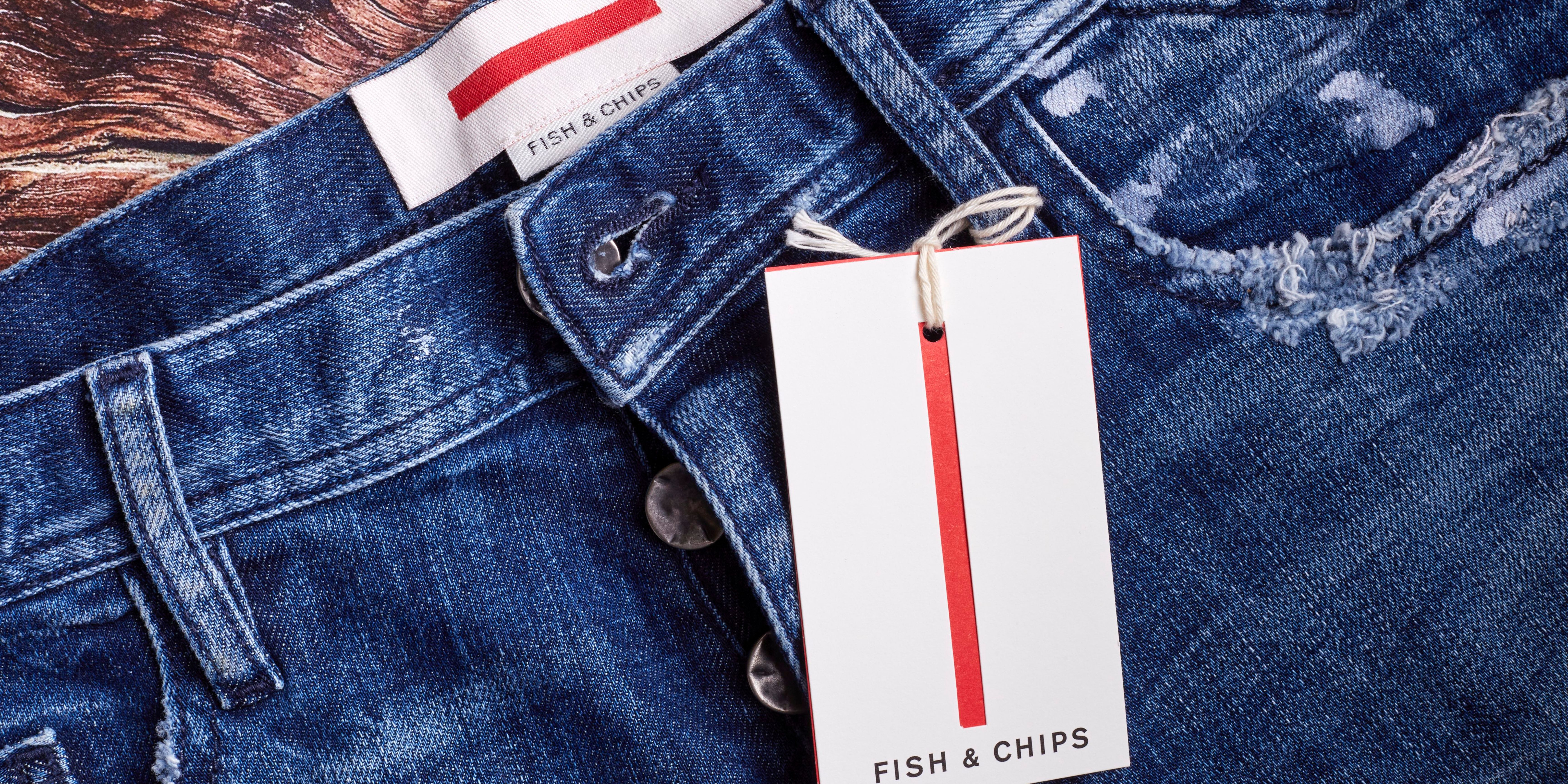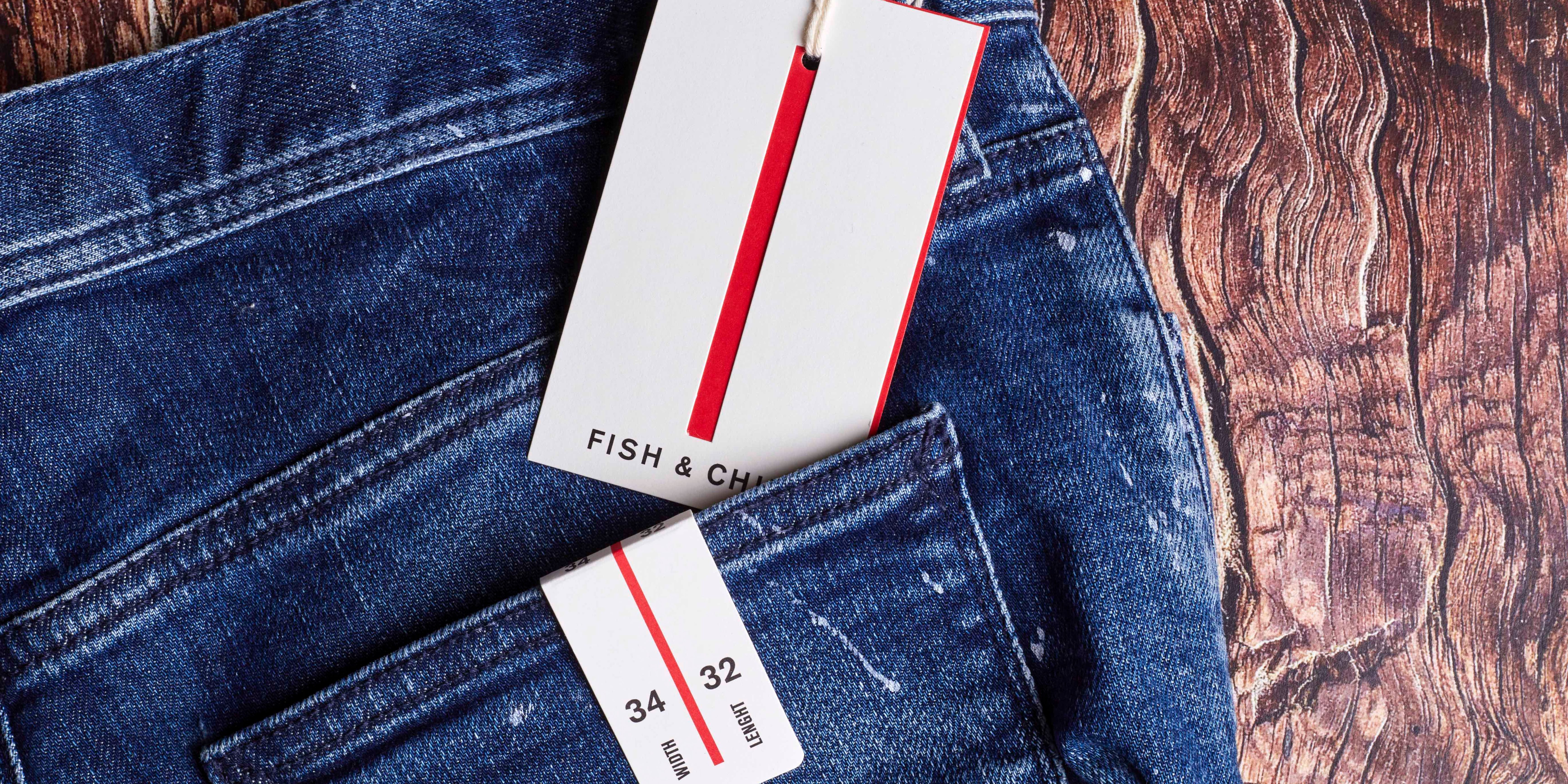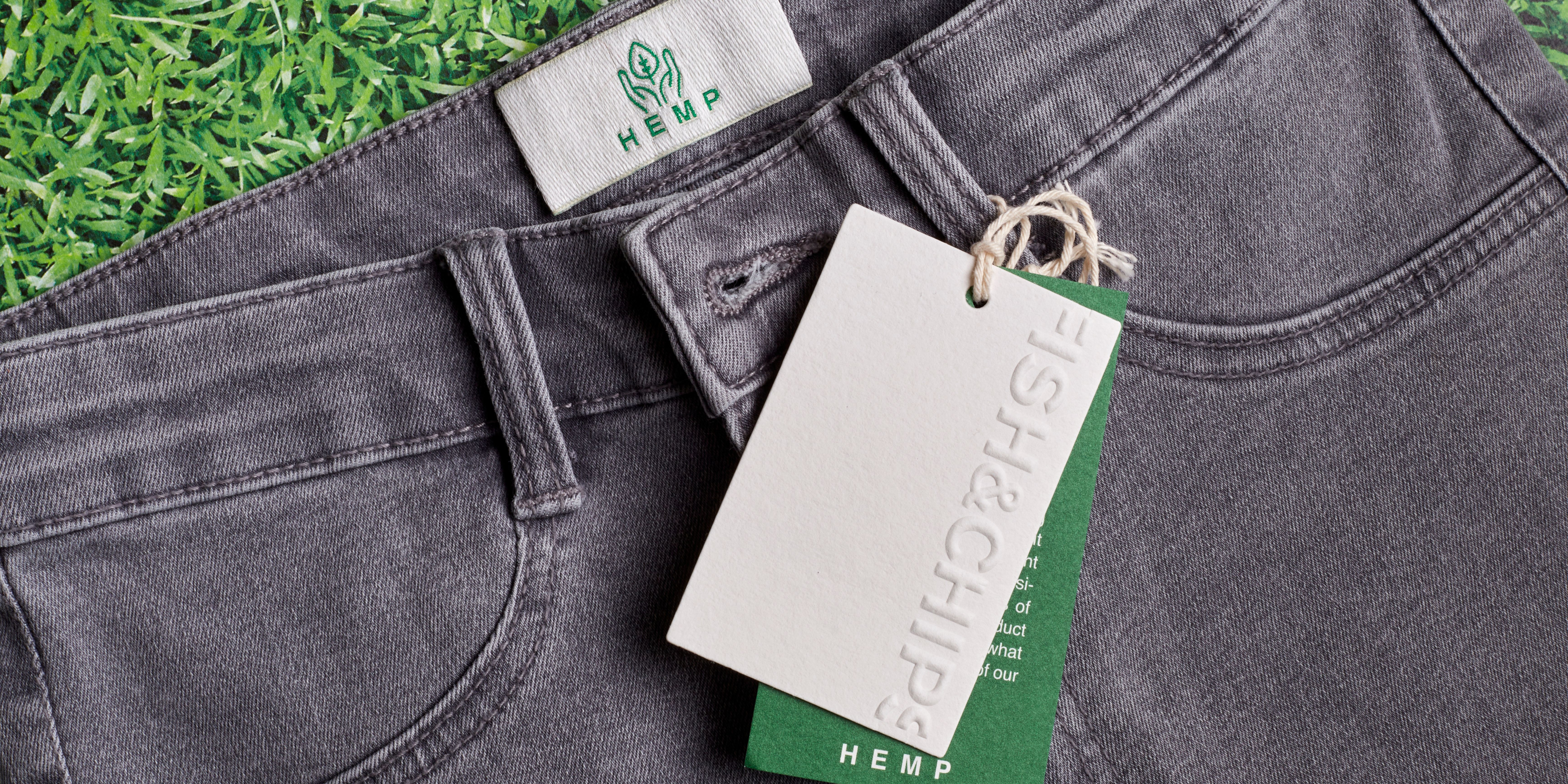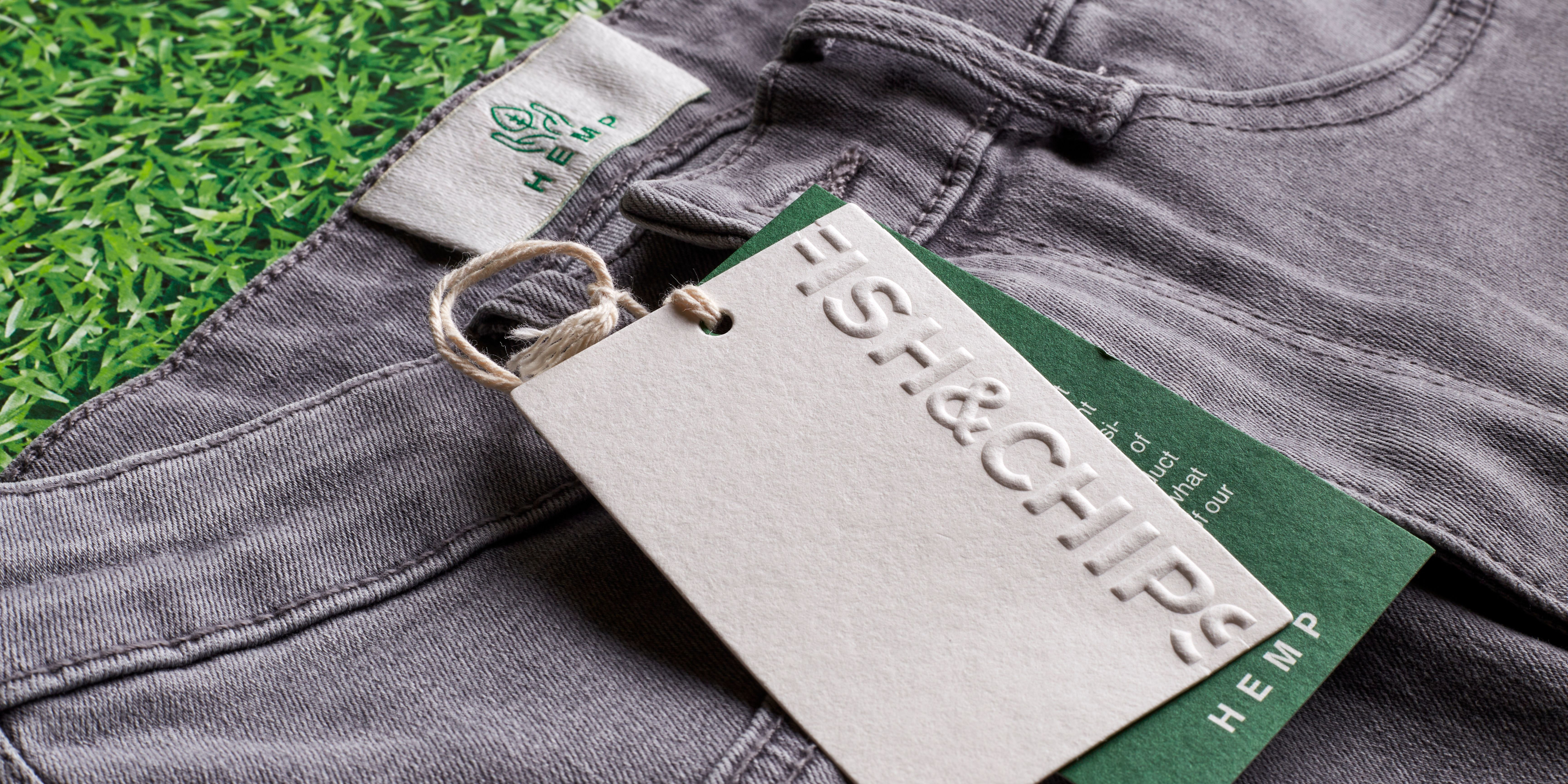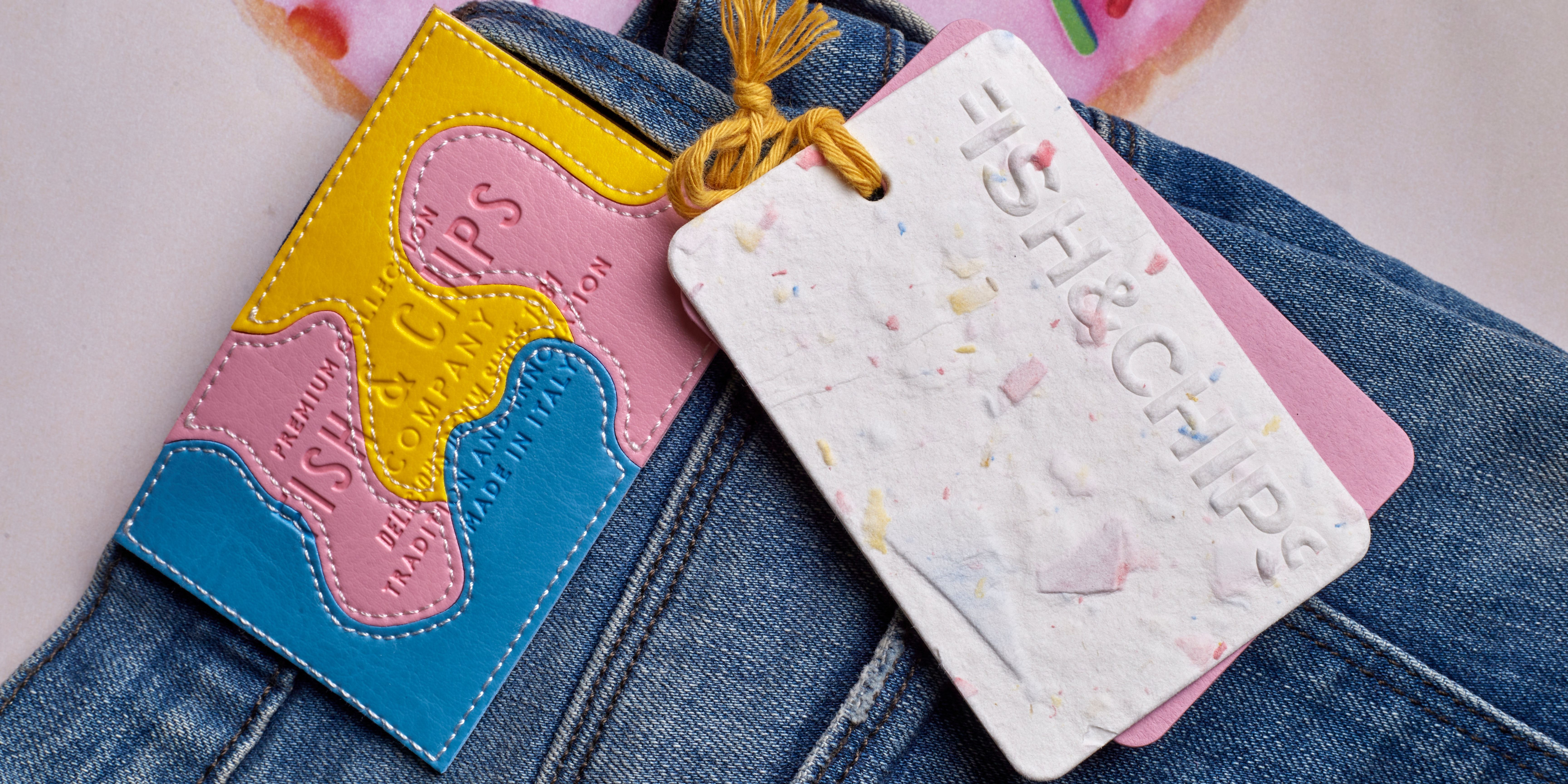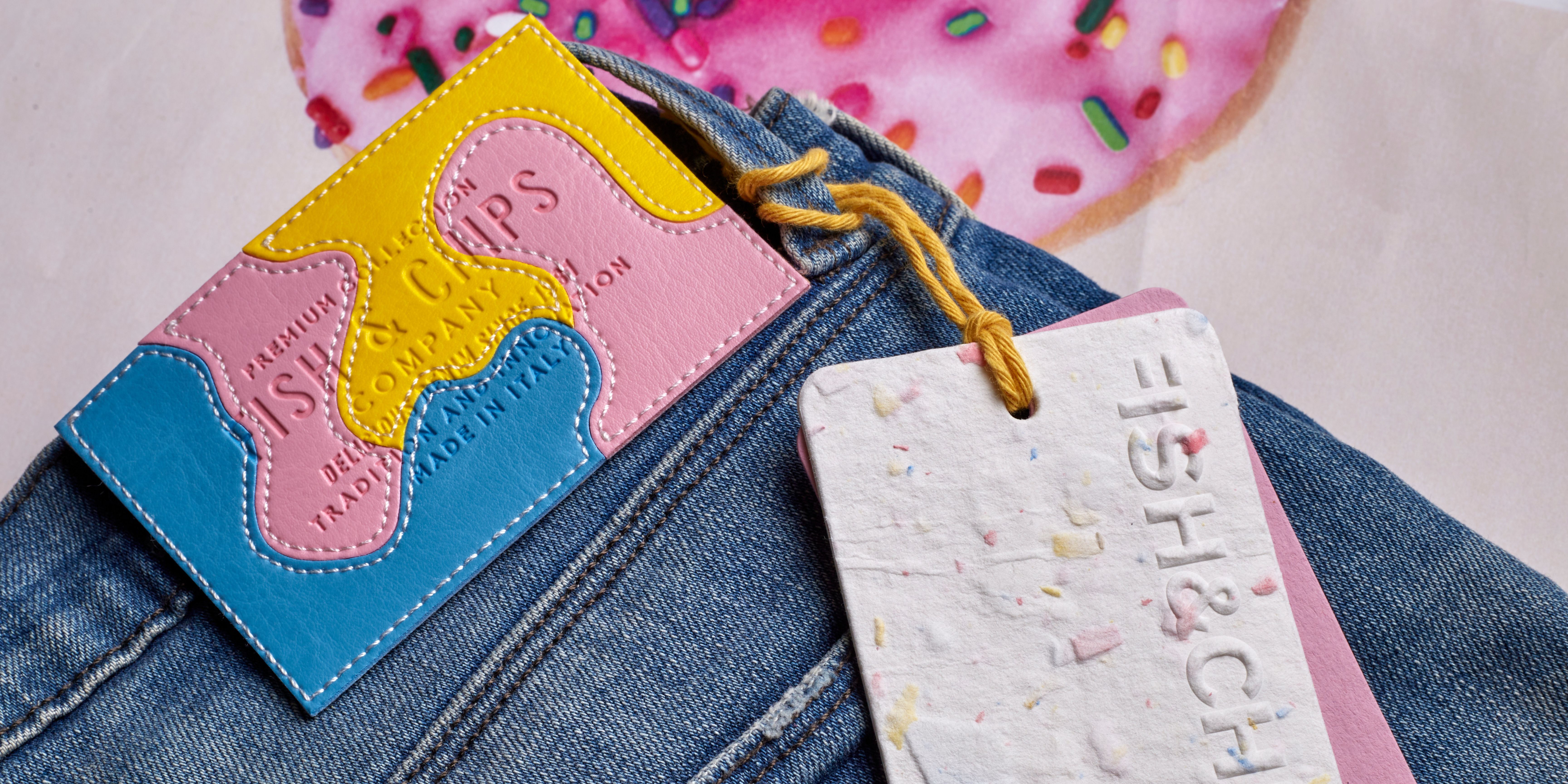In today's crowded marketplace, catching the attention of potential customers can be challenging. Refractive recycled woven labels can indeed be an effective solution to help your product stand out and not go unnoticed. Recycled woven labels are a popular and durable way to brand your products, and the addition of refractive materials can add a unique touch and make them even more eye-catching. Additionally, woven labels are known for their high-quality finish, which can enhance the overall image of your product.
This label is designed to be used with ready-to-dye garments, which can be dyed to any color desired by the consumer or the brand.
Ready-to-dye garments are a convenient option for those who want to create custom-colored clothing without having to worry about the difficulties and limitations of traditional dyeing processes.
The jacquard label made of organic cotton adds an extra layer of sustainability to this process, making it an even more appealing choice for eco-conscious consumers and brands.By using a ready-to-dye jacquard label made of organic cotton, brands can create customized clothing that is not only unique and stylish, but also environmentally responsible. This can help to appeal to consumers who are looking for products that align with their values and support sustainability.
The bio polyurethane label for the pants is a sustainable and affordable option that offers endless opportunities for creative expression. With vibrant colors and a durable, eco-friendly material, this label allows you to make a bold statement while also supporting sustainable fashion practices.
The use of bamboo in the fashion industry has been growing in recent years due to its sustainability and eco-friendliness. Bamboo is a renewable resource that grows quickly and doesn't require pesticides or fertilizers to thrive, making it an attractive alternative to conventional cotton, which is one of the most chemically intensive crops in the world.
Bamboo clothing is also known for its durability and longevity, which makes it a smart investment for consumers who want to reduce their environmental impact and save money in the long run.
With bamboo we produce woven labels and hang-tags.
In the fashion industry, hemp is gaining popularity as a sustainable and eco-friendly alternative to traditional materials such as cotton and polyester. Hemp fiber is strong, durable, and soft, making it ideal for use in clothing, accessories, and home goods.
Hemp clothing is often marketed as being breathable and naturally anti-bacterial, which makes it an attractive option for people who are concerned about their health and the environment. The production of hemp clothing is also less harmful to the environment than the production of cotton, as it requires less water, pesticides, and land to produce.
Additionally, hemp is a renewable resource, as the plant can be harvested multiple times per year, making it a more sustainable option than other fibers that require several years to grow and mature.
With hemp we produce woven labels and hang-tags.
It’s amazing how Viridis® waste from labels can be reuse to create an astonished paper hangtag. That's definitely a great way to reduce waste and promote sustainability. By reusing materials, companies can decrease their environmental impact and make a positive difference.
The use of recycled materials in the production of products has become increasingly popular as consumers become more conscious of the environmental impact of their purchases. By finding creative ways to reuse waste, companies can reduce their environmental footprint and demonstrate their commitment to sustainability. Additionally, incorporating sustainable practices into their business model can also improve a company's reputation and attract customers who value environmentally-friendly products.

